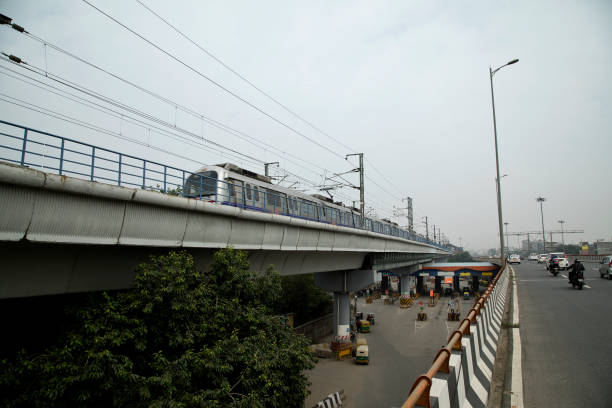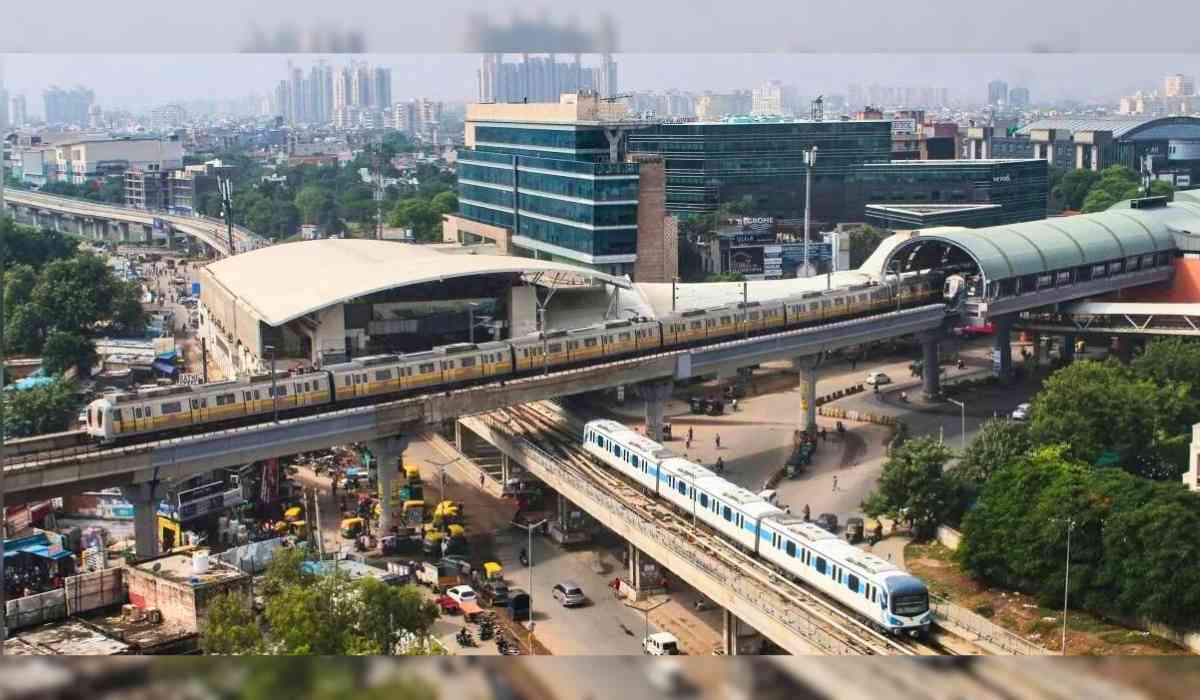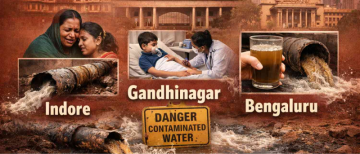In order to address pollution concerns, Delhi Metro will be implementing an additional 40 trips on weekdays, starting from October 25. According to DMRC records, the Delhi Metro typically operates over 4,300 trips daily.
Additionally, local authorities will also conduct on-site visits to ensure the strict enforcement of pollution abatement measures. The Delhi government has also been instructed to increase the number of buses in the capital under the "Paryavaran Bus Sewa" initiative, to improve public transportation and reduce vehicle emissions.
Earlier this week, the Delhi government discovered eight additional pollution hotspots, in addition to the existing 13 in the national capital. Mr. Gopal Rai, the Environment Minister of Delhi, has gracefully announced the deployment of specialized teams to examine pollution sources in these areas. Furthermore, Rai has instructed officials to utilize suppressant powder to reduce dust pollution in the city.

He also stressed the importance of deploying specialized teams at these eight locations to identify the sources of pollution and work together with the Delhi Pollution Control Committee to implement necessary measures. Rai has requested the chief secretary to ensure dedicated efforts in the upcoming month, which is expected to have the highest levels of air pollution.
According to forecasts from the India Meteorological Department, it is expected that the air quality in Delhi-NCR will continue to be at a "very poor" level for the next few days. This is mainly due to a decrease in temperature and an increase in emissions resulting from stubble burning.
Based on data provided by the Union Environment Ministry, it appears that farm fires were responsible for a significant portion of Delhi's PM 2.5 pollution. Specifically, they accounted for 34% on November 3 last year and increased to 48% on November 7 in 2021.
You may also read: Delhi's Air Quality Enters 'Very Poor' Category: GRAP Phase 2 Underway
The Commission for Air Quality Management (CAQM), a statutory body responsible for overseeing the implementation of the Graded Response Action Plan (GRAP), has directed authorities in the NCR to consider raising parking fees to discourage private transport. Additionally, they have advised augmenting the services of CNG or electric buses and metro trains, foreseeing a potential surge in pollution levels.
In conclusion, this collaborative effort aims to effectively reduce pollution in the national capital, utilizing various measures such as improving public transportation and enforcing pollution control strategies more strictly. It is of utmost importance to sustain these endeavours, especially during the forthcoming month when pollution levels are anticipated to reach their highest point.
Ⓒ Copyright 2023. All Rights Reserved Powered by Vygr Media.




















